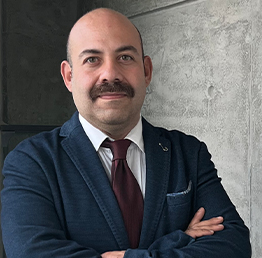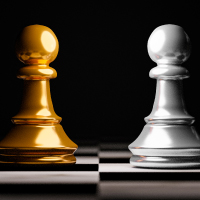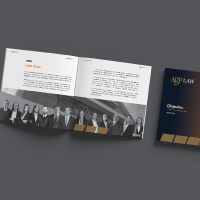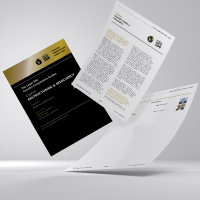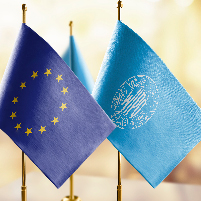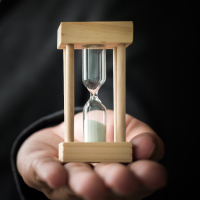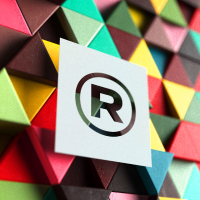
Recommended contact person
There is undoubtedly a fine discussion regarding the ‘Nice classification’ of EU trademarks.
The Nice classification is a system of classifying goods and services for European Union trademark applications. It consists of 45 classes. The subcategorization of classes into two, i.e. dealing with goods are Classes 1 to 34 and referred to as Services 35 to 45.
Visual chart:
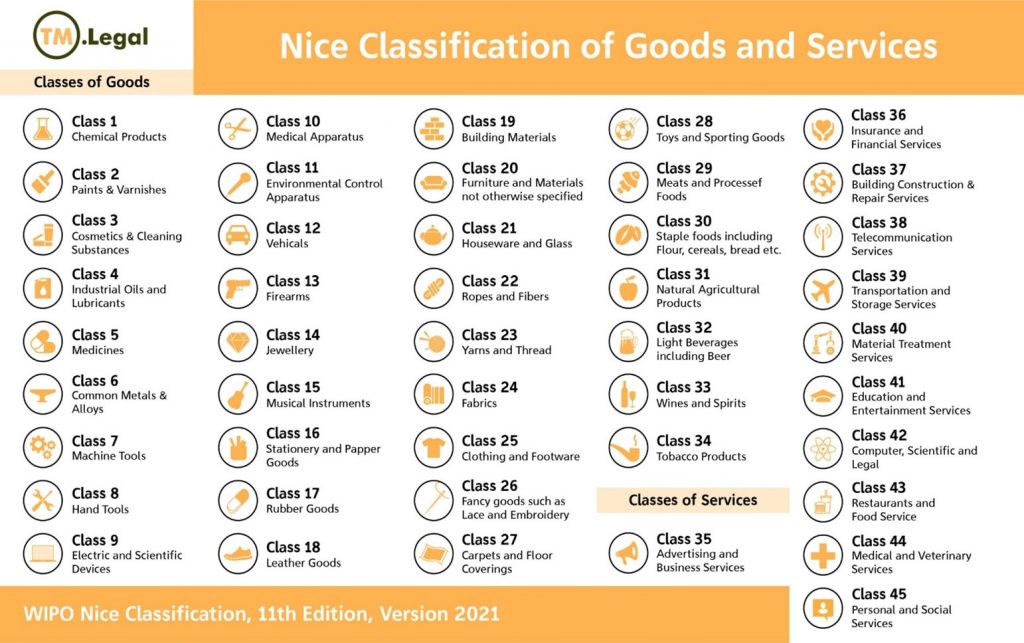
Serious work on the products & services categories was the result of many attempts to eventually create a form of classifying and separating the one service from the other.
It is almost inevitable to choose certain categories during the application process, and change them to others categories afterwards. There is an alteration process of the initial application, however this is not to correct the initial mistakes, it is to alter or amend to something else. The second selection of classes that was described as ‘alteration’ would be the only way to go back and edit the original assortment.
We could say that this is the way via which your customers recognize you, or otherwise defined as how your mark differs from the rest and it is identifiable via its registered IPs.
For example, below is a word mark & a pattern mark which can be found from EUIPO webpage:
EXAMPLE 1, WORD MARK:

EXAMPLE 2, PATTERN:
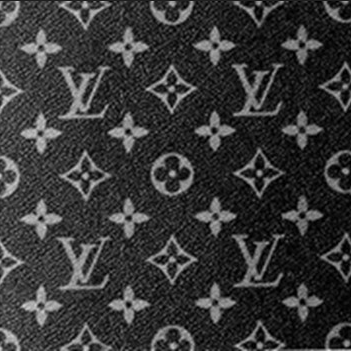
Recent trends on the matter of EU Trademarks can be the NFTs (Non-fungible tokens) – those are artwork in the format of a token where the latter, represents or is linked to an artwork:
One of 2021’s most popular collectibles were digital artwork and sound files embedded with block chain technology, typically in the form of so-called non-fungible tokens or NFTs. In October and November of 2021, NFTs entered the standard lexicon through 12 pre-approved goods and service/s identifications in the USPTO’s Trademark ID manual.1
The subject can get extremely complicated since plain words can be protected under the EU regime, however there are words that are registered in different jurisdictions & under different laws.
For example, the word: “Metaverse” is registered as computer software under the relevant Indian Copyright Act 1957, that regulates the said copyrights. Whoever wants to use their products and/or services in the ‘Metaverse’ must provide extra registrations as per the relevant Article:
Brand owners should be considering how to construct their virtual marketplace with appropriate trademark registrations.2
What was classified as “Digital goods or e-goods are intangible goods that exist in digital form. Examples are Wikipedia articles; digital media, such as e-books, downloadable music, internet radio, internet television”, as a result Metaverse announced that around 50,000 new online domain names containing the term “meta” were acquired, many of which incorporated well-known company names and trademarks, including:3
- Adidas did the adiVERSE;
- Nike did the NIKELAND and Roblox;
- Dyson opened a virtual warehouse in metaverse.
Although we mentioned that the word Metaverse is a registered software rather than a Trademark in Asia and the EU, there are lot of classes which utilize and try to register the word “Metaverse. As a result, whoever is in doubt should take all the necessary steps regarding the safeguarding & protection of IP rights.
The privilege of using such pre-classification Trademark classes is that the selection process & publication process (especially if it’s filled online) will be much quicker from paperback solutions.
Furthermore, the examination process will also be minimized, since pre-approved classes & classification will make the selection of sub-classes and other subcategories to the main one attached, straight forward.
The EUIPO gave plain instructions on how to select one or more of the 1 to 45 classes under the “Nice Classification”:
What has changed?
Class 3: Now includes ‘laundry balls filled with laundry detergents’ and ‘teeth whitening pens’.
Class 6: The explanatory note has been changed to state that ‘certain dispensing apparatus of metal, automatic or non-automatic, for example, towel dispensers, queue ticket dispensers, dispensers for dog waste bags, toilet paper dispensers’ will be covered under this class.
Class 9: ‘Downloadable digital files authenticated by non-fungible tokens [NFTs]’, ‘computer network routers’, ‘portable document scanners’ and ‘cases for smartphones incorporating a keyboard’ have been added. In addition, ‘downloadable computer software for managing cryptocurrency transactions using blockchain technology’ has been changed to ‘downloadable computer software for managing crypto asset transactions using blockchain technology’.
Class 10: Now includes ‘respiratory masks for medical purposes’ and ‘massage chairs with built-in massage apparatus’. Furthermore, ‘hospital beds’ are no longer excluded.
Class 15: ‘Musical instruments for children’ has been added.
Class 19: ‘Smart glass for building’ has been added.
Class 20: The explanatory note has been changed stating that certain non-metal dispensing apparatus, automatic or non-automatic, e.g., towel dispensers and dispensers for dog waste bags, will be covered under this class. This is subject to the function or purpose of the goods which may affect the classification.
Class 24: Now includes ‘yoga blankets’ and ‘yoga towels’.
Class 28: Now includes ‘toy musical instruments’.
Class 30: ‘Cocoa nibs’ and ‘edible beeswax’ have been added.
Class 32: Now includes ‘non-alcoholic beer’ (for more on this topic, see our article ’What the ‘nolo’ drinks trend means for trademark owners’).
Classification of services – what has changed?
Class 36: ‘Real estate affairs’ has been changed to ‘real estate services’ and ‘financial advice relating to tax’ has been added.
Class 41: Now includes ‘car subscription services’.
Class 42: ‘Information technology [IT] consultancy’ has been changed to ‘information technology [IT] support services [troubleshooting of software]’ and ‘cryptocurrency mining/crypto mining’ to ‘mining of crypto assets/crypto mining’. In addition to the above, ‘information technology services provided on an outsourcing Basis’ has been deleted while ‘scientific research in the field of genetics’ has been added.
Class 45: ‘Personal and social services rendered by others to meet the needs of individuals’ has been deleted and ‘dating services, online social networking services; funerary services; babysitting’ added.4
To submit your enquiry on trademark registration, please click here and for more information on trademarks, intellectual property and patents, please contact our Senior Associate Lawyer Mr. George Panayides.
The information provided by A.G. Paphitis & Co. LLC is for general informational purposes only and should not be construed as professional or formal legal advice. You should not act or refrain from acting based on any information provided above without obtaining legal or other professional advice.





